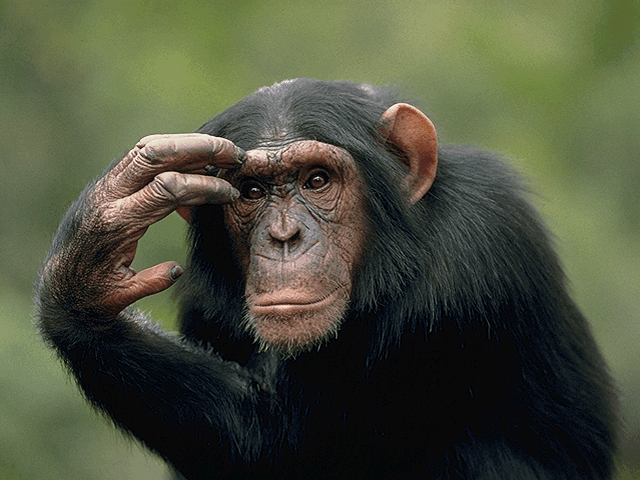 |
|
 |
|
We may thus not only occupy a preferred place and/or preferred time, we may also occupy a preferred universe. This uncomfortable idea may follow from several vexing facts about our Universe:
Note that if some of the finely-balanced quantities were not finely-tuned then our Universe would have grossly different properties. The properties would, in fact, be so different that it is highly likely that life (as we know it) would not develop and we would not be around to ask the question of why does the Universe appear special. That is, selection effects would say that it is only in universes where the conditions are right for life (thus pre-selecting certain universe) is it possible for the questions of specialness to be posed.
This statement and variants of this statement are the gist of the Anthropic Principle. Note that the Anthropic Principle is probably true and says that there is nothing mysterious about why our Universe is special. However, it does not rule out the possibility that there is a deeper level to our understanding of the Universe which makes our Universe the most probable universe from the plethora of all possible universes. This still may be true but is not required philosophically or scientifically.